Reviews
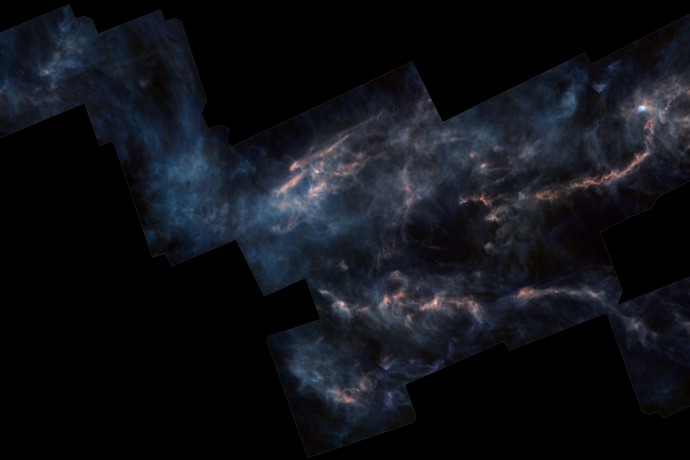
Review: ‘An Ocean of Static’ by J.R. Carpenter
In between the billows of foaming brine, tucked away behind stacks of salt, lurks the pearl of a poetic endeavour completely unlike any other. An Ocean of Static (Penned in the Margins) is the debut collection by digital writer J.R. Carpenter, whose cryptic stream of ever-shifting code spectacularly reinvents the seascape. From the late 15th century…
Read More
Review: ‘The White Book’ by Han Kang (trans. Deborah Smith)
This new book in English from South Korean writer Han Kang may be hard to categorise but it does have a story, which should reassure anyone worried that a text on the colour white (or non-colour white, depending on how you look at it) will be insubstantial. As it turns out, this diary-cum-sketchbook may be…
Read More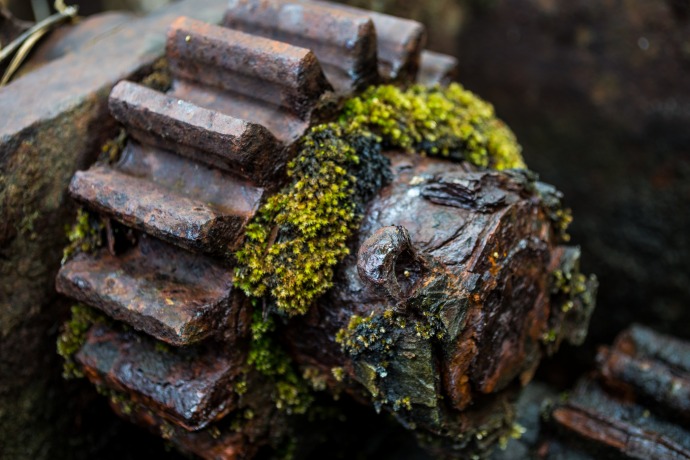
Ledbury Emerging Critics: Dzifa Benson reviews ‘Natural Phenomena’ by Meryl Pugh
Meryl Pugh is the award-winning author of two previous pamphlets, Relinquish and The Bridle, but Natural Phenomena (Penned in the Margins), her eagerly anticipated first full poetry collection, opens up new ground in the poet’s oeuvre. In the blurb, Pugh is described as “both futurist and flâneuse.” The future and society’s relationship to consumerism concern…
Read More
Ledbury Emerging Critics: Jennifer Lee Tsai reviews ‘Three Poems’ by Hannah Sullivan
Within the context of contemporary poetry and modern poetic form, how does one begin to describe or characterise ‘free verse’? As an academic, Hannah Sullivan’s critical exploration of this question is evident in her stated research interests. She argues that ‘the prosody of modern poetry is, to a large extent, determined by practices of lexical…
Read More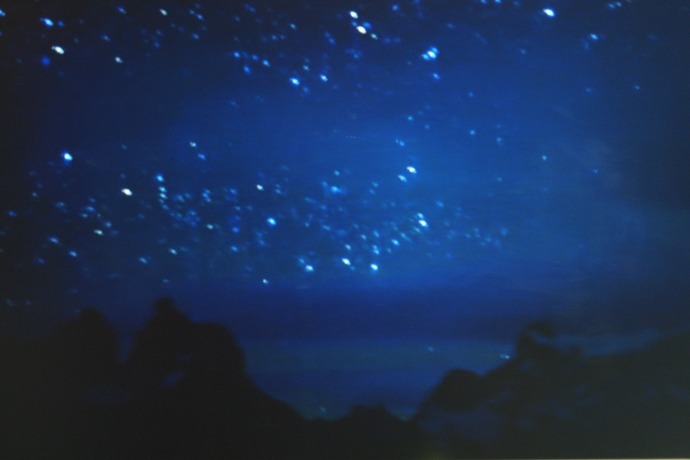
Review: ‘A Watchful Astronomy’ by Paul Deaton
The title of Paul Deaton’s powerful first full collection, A Watchful Astronomy, might strike the reader initially as something of a tautology – surely all astronomy is about keeping a vigilant eye trained on the night sky? Deaton’s approach is to look down the other end of the telescope at the minutiae of our earthly…
Read More
Ledbury Emerging Critics: Srishti Krishnamoorthy-Cavell reviews ‘Don’t Call Us Dead’ by Danez Smith
Danez Smith’s Don’t Call Us Dead (Chatto & Windus) interrogates the present, exhumes histories and dares to imagine a future poised in anger, grace and freedom. It is unapologetic in its scope and tender in its pain. The politics is searing and the language hauntingly beautiful; Smith’s is a craft of lacerating precision. This collection is…
Read More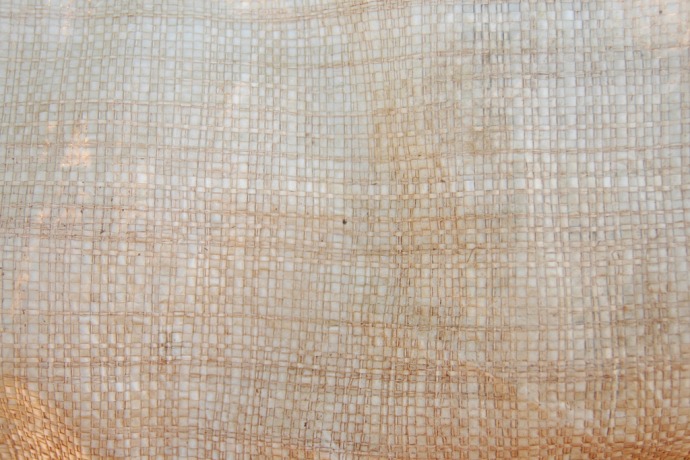
Ledbury Emerging Critics: Mary Jean Chan reviews ‘Shrines of Upper Austria’ by Phoebe Power
As one of the four Poetry Book Society Spring 2018 Recommendations, Phoebe Power’s debut collection Shrines of Upper Austria (Carcanet Press, 2018) sings with a variety of different notes, ranging from the gruesome details of an Austrian murder case to a moving sequence written in the voice of Power’s Austrian grandmother, Christl, who left for…
Read More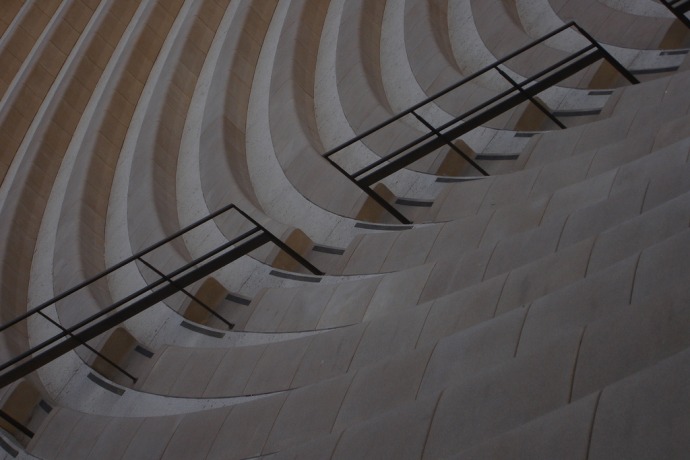
Ledbury Emerging Critics: Jade Cuttle Reviews ‘Asylum’ by Sean Borodale
A landscape of stone has never been so alive as in Sean Borodale’s Asylum (Penguin): freckled with bones that refute their own burial, and feed off ‘the flesh of the shade’ as though trying to grow back their bodies, these poems are brimming with life in unexpected places. The inspiration for this book was mined…
Read More
Ledbury Emerging Critics: Maryam Hessavi Reviews ‘Spoils’ by James Brookes
Get Google ready – you’ll need it… James Brookes has published his second collection of poetry, Spoils (Offord Road Books): a geographical and linguistic excavation of historical and present-day England. These are poems which find their land most fervently on a linguistic plane, in a passionate engagement with the language through which the material reality of…
Read More
Review: ‘Rope’ by Khairani Barokka
Khairani Barokka’s first book of poetry, Rope, is published at a time in which the lyric poem is being reexamined and reoriented, the form newly charged with political meaning in the hard light of its hitherto unacknowledged ideologies. 2017 was, and 2018 will be, an intense reworking of our poetics in response to previous failures…
Read More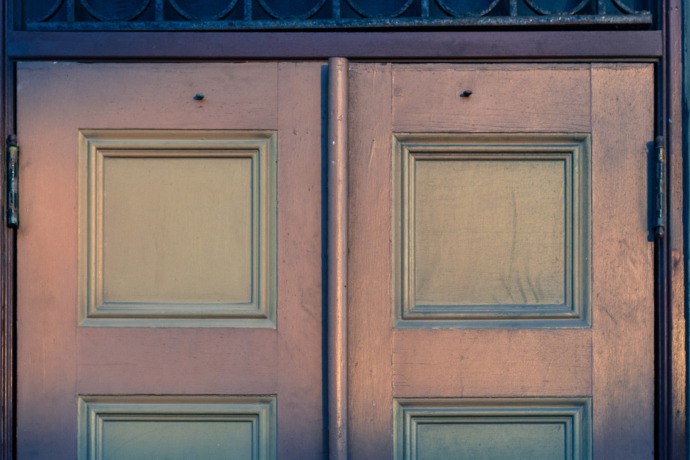
Ledbury Emerging Critics: Sarala Estruch Reviews ‘Malak’ by Jenny Sadre-Orafai
You don’t have to be a believer in palmistry or divination to enjoy Jenny Sadre-Orafai’s second collection, but openness to alternative ways of seeing and knowing is an advantage. The book is titled after the poet’s late grandmother who was a chirologist and diviner, well respected in her community. In ‘Company’ we are told: ‘Families…
Read More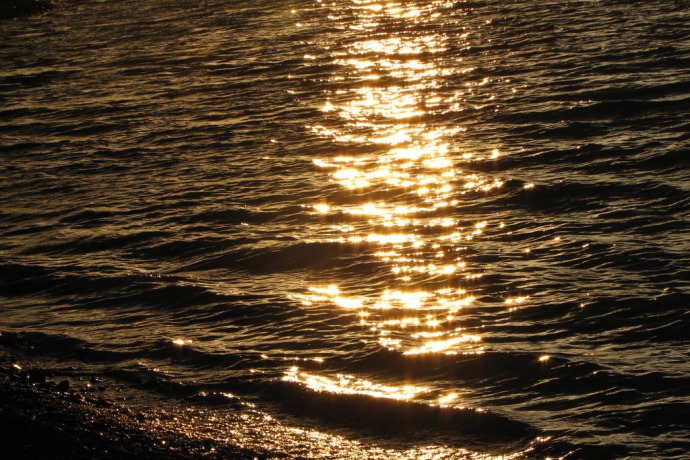
Ledbury Emerging Critics: Nasser Hussain reviews ‘Calling a Wolf a Wolf’ by Kaveh Akbar
John Ebersole’s late 2017 Tourniquet review of Calling a Wolf a Wolf is harsh. Even when he’s trying to compliment Akbar’s work, it’s backhanded – as in the opening of his review where we read: Dumbfoundedly imaginative and self-absorbed, [Akbar’s] poetry engulfs the reader with so much turbulent rhetoric you’re surprised he’s capable of writing…
Read More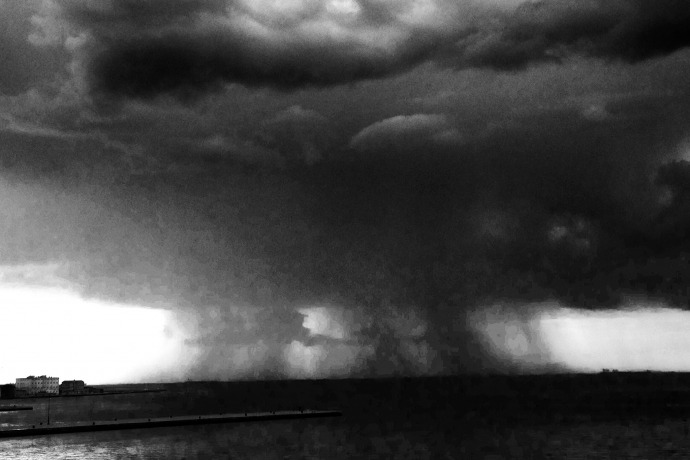
Review: ‘Giant’ by Richard Georges
In September 2017, Richard Georges’ Make Us All Islands was shortlisted for the Forward Prize first collection. Georges was due to fly from his home in the British Virgin Islands (BVI) to the prize readings in London. Georges never made it. Georges was unable to attend the Forward Prize readings due to the storms that…
Read More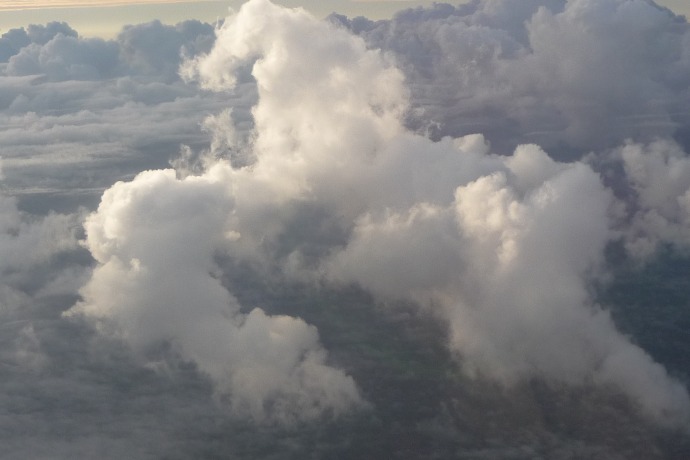
Review: ‘My Dark Horses’ by Jodie Hollander
For some, childhood innocence erodes slowly with each new experience. The lucky ones get to occupy this safe, uncomplicated realm – at least for a time. The longevity of this illusion often depends on the adults around us. For Jodie Hollander’s protagonist, the illusion is broken at a young age, a recurring sensation that is…
Read More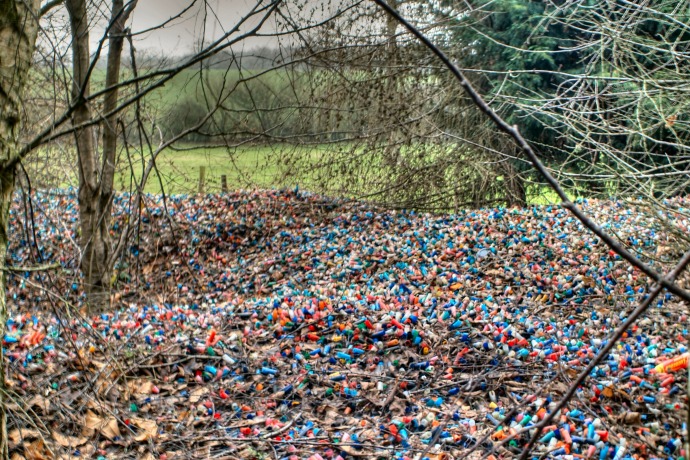
Review: ‘Landfill’ by John Wedgwood Clarke
We think that once we throw something away it vanishes, and John Wedgwood Clarke’s poems play with that notion and show us how mistaken we are. Reading Landfill, Wedgwood Clarke’s latest collection and the product of a year spent as poet-in-residence at two refuse centres near York and Scarborough, I was struck by something inspiring…
Read More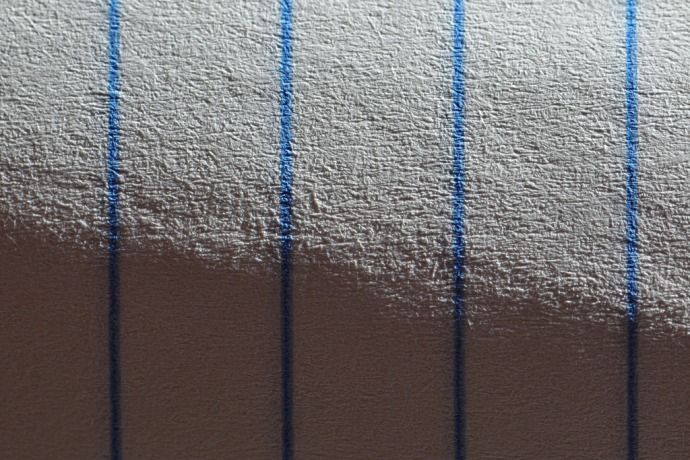
Review: ‘Brood’ by Rhian Edwards
Rhian Edwards’ eagerly anticipated pamphlet, Brood, is as compact as a bird’s nest, haunting as a folk song, and as brooding as the title suggests. Brood explores the fragilities of the nuclear family and each line bristles with the channelled focus of a magpie. It is short, even for a pamphlet, with only fourteen poems….
Read More
Review: ‘The Mains’ by Patrick Davidson Roberts
The Mains (Vanguard Editions) is a long, dark night of the soul and is not the place for studied scenes of domestic strife or costive little elegies. The reader coming to these poems for the first time might well be thrown by them; their aesthetic is jagged, frantic, and elliptical. One thing to bear in mind is that…
Read More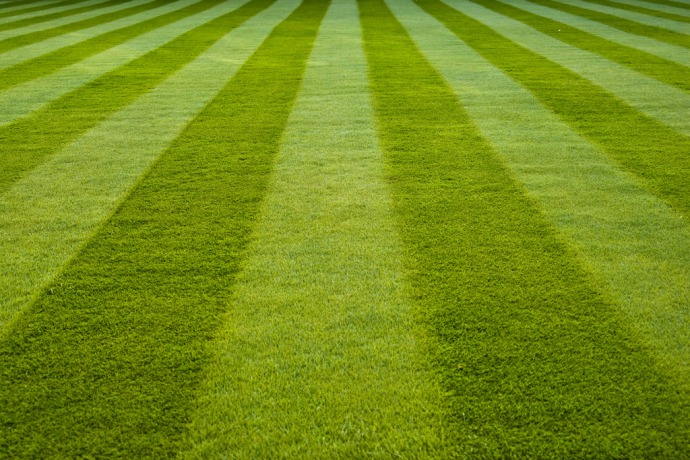
Review: ‘Hello. Your Promise Has Been Extracted’ by Ahren Warner
Though you might not recognise it, history is here again. They say the European project is coming apart, and I suppose time will tell. In the meantime, the least an artist can do is to try to bear witness. A wave is crashing over this century as it crashed over the last, and while there…
Read More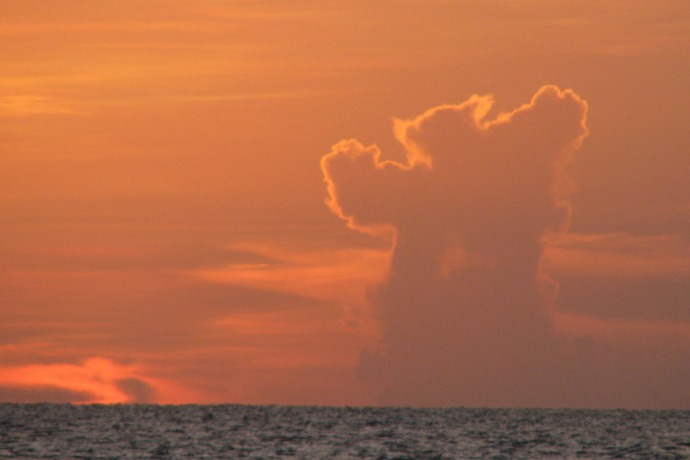
Review: ‘Bear’ by Chrissy Williams
An enormous bear with piercing yellow eyes fills the cover of Chrissy Williams’ first full-length collection; stare for long enough and its neutral expression seems to shift from challenging to friendly to curious to sad, and back. The bear appears again in the opening poem – ‘Bear of the Artist’ – cementing its symbolic significance…
Read More
Review: ‘This Is Not a Rescue’ by Emily Blewitt
If Jane Austen was a modern Welsh poet, her name would be Emily Blewitt. This Is Not a Rescue (Seren) is an easy mix of dark and light, scooping its inspiration from the years between girlhood to marriage in Wales. These are old-fashioned yet ageless themes and Blewitt draws us in with her keen eye for…
Read More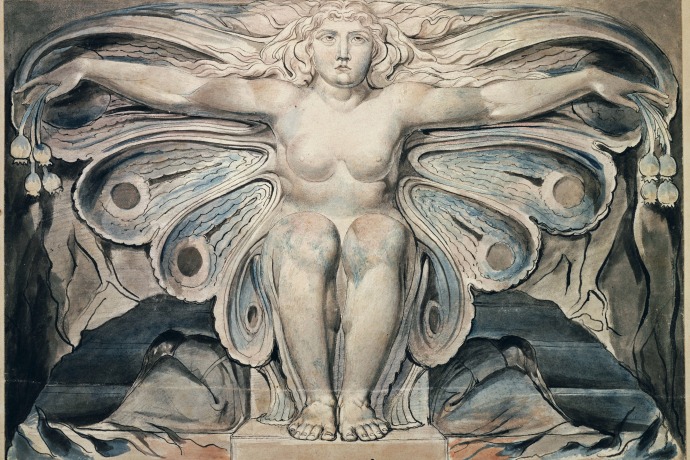
Review: ‘Joy’ by Sasha Dugdale
Sometimes you read a work that is so clearly deserving of the accolades it’s received that it restores your faith in things. Sasha Dugdale’s ‘Joy’ – the title-piece of this, her fourth collection from Carcanet – is such a work, having won the 2016 Forward Prize for Best Single Poem, and rightly so. A playwright…
Read More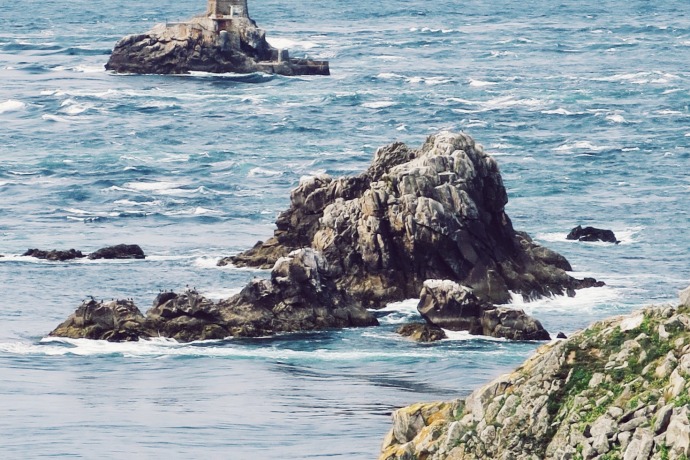
Re: Review: ‘The Emma Press Anthology of the Sea’
Avast! In scale, power and sheer unpredictability, there is nothing like the sea to inspire in both a physical and creative sense. Never homogenous, it is often astonishingly beautiful and offers up a beguiling mix of complexity and change on a micro and macro level – from the dance of exquisite plankton to the erosion…
Read More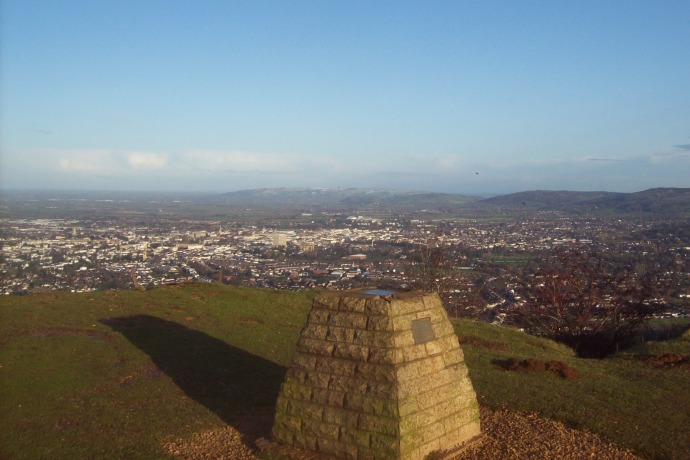
Review: ‘The Hill’ by Angela France
Angela France’s The Hill is a book-length sequence of poems celebrating Leckhampton Hill near Cheltenham. In its commitment to explore every aspect of the area, from its history to its landscape to the people who meet there, the collection is an all-encompassing celebration of place, as well as a showcase for the versatility and range…
Read More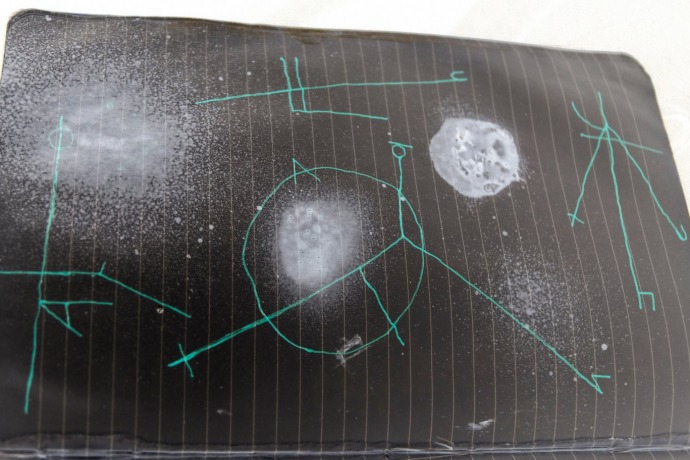
Review: ‘Terms and Conditions’ by Tania Hershman
In Stephen Pinker’s book, The Blank State, he took aim at the notion of nurture being all powerful; that we are born in compliance with the environment we inhabit. Pinker argued that the new cognitive sciences showed we are determined by what we inherit. In Tania Hershman’s debut collection: Terms and Conditions (Nine Arches), the…
Read More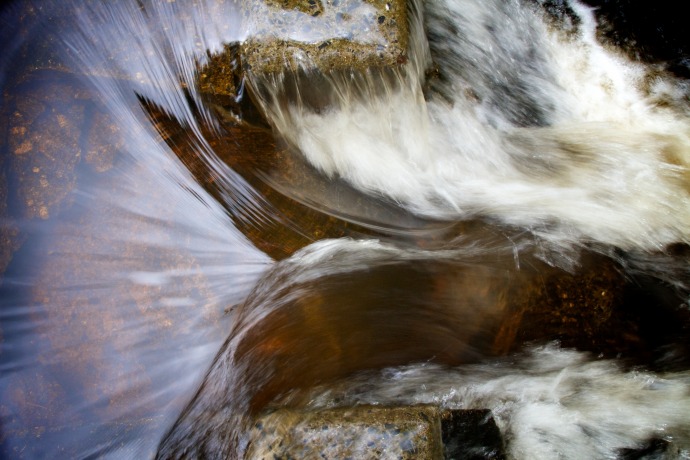
Review: ‘Swims’ by Elizabeth-Jane Burnett
Elizabeth-Jane Burnett’s compelling ‘long poem taking many forms’ begins by defining the action ‘To Swim’: To give up. To disappear. To appear in Vanity Fair before breakfast. To afterwards destroy economy of Greece. A footnote tells us that the final sentence refers to Christine Lagard, Director of the IMF, describing her morning swim…
Read More